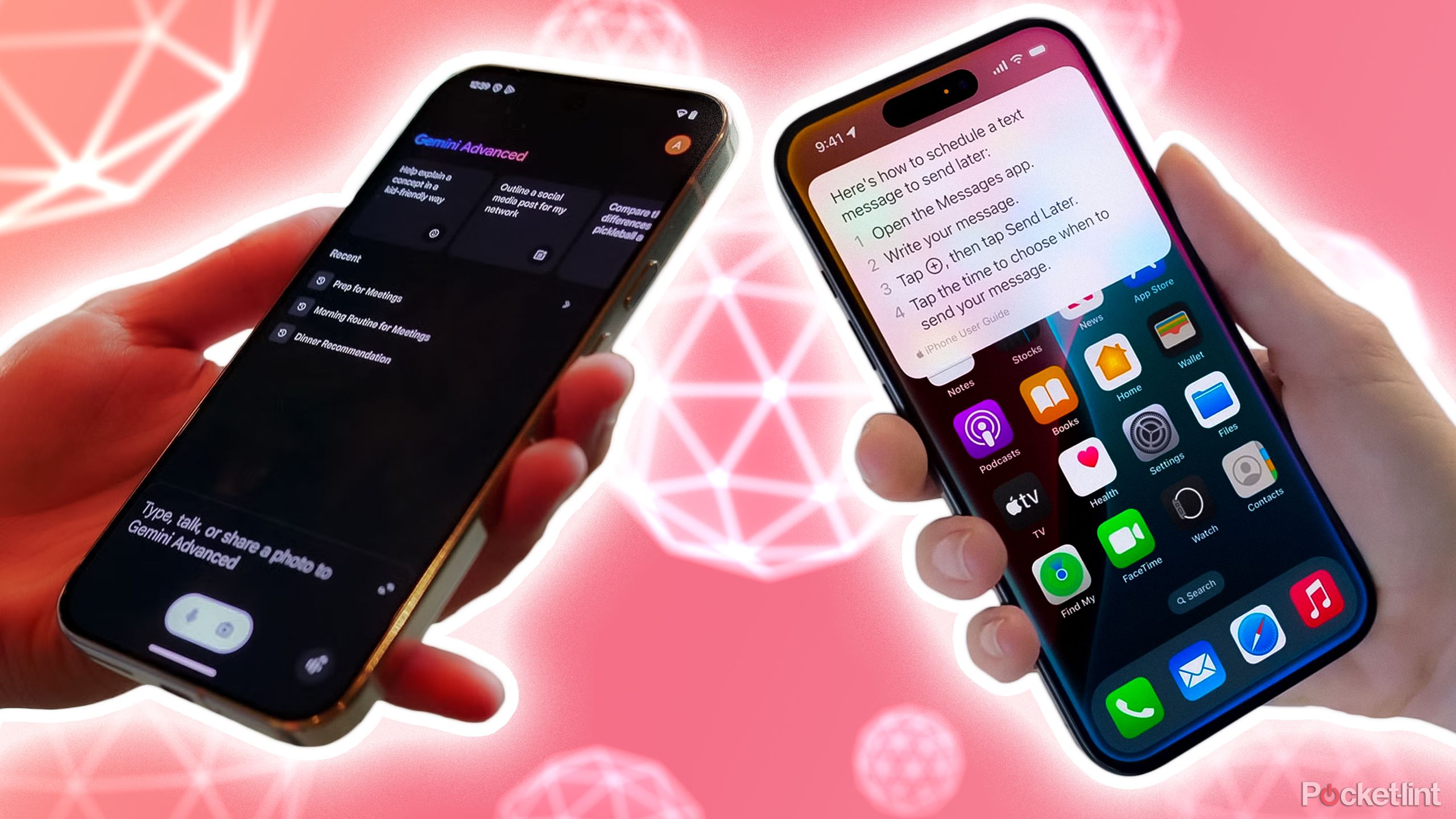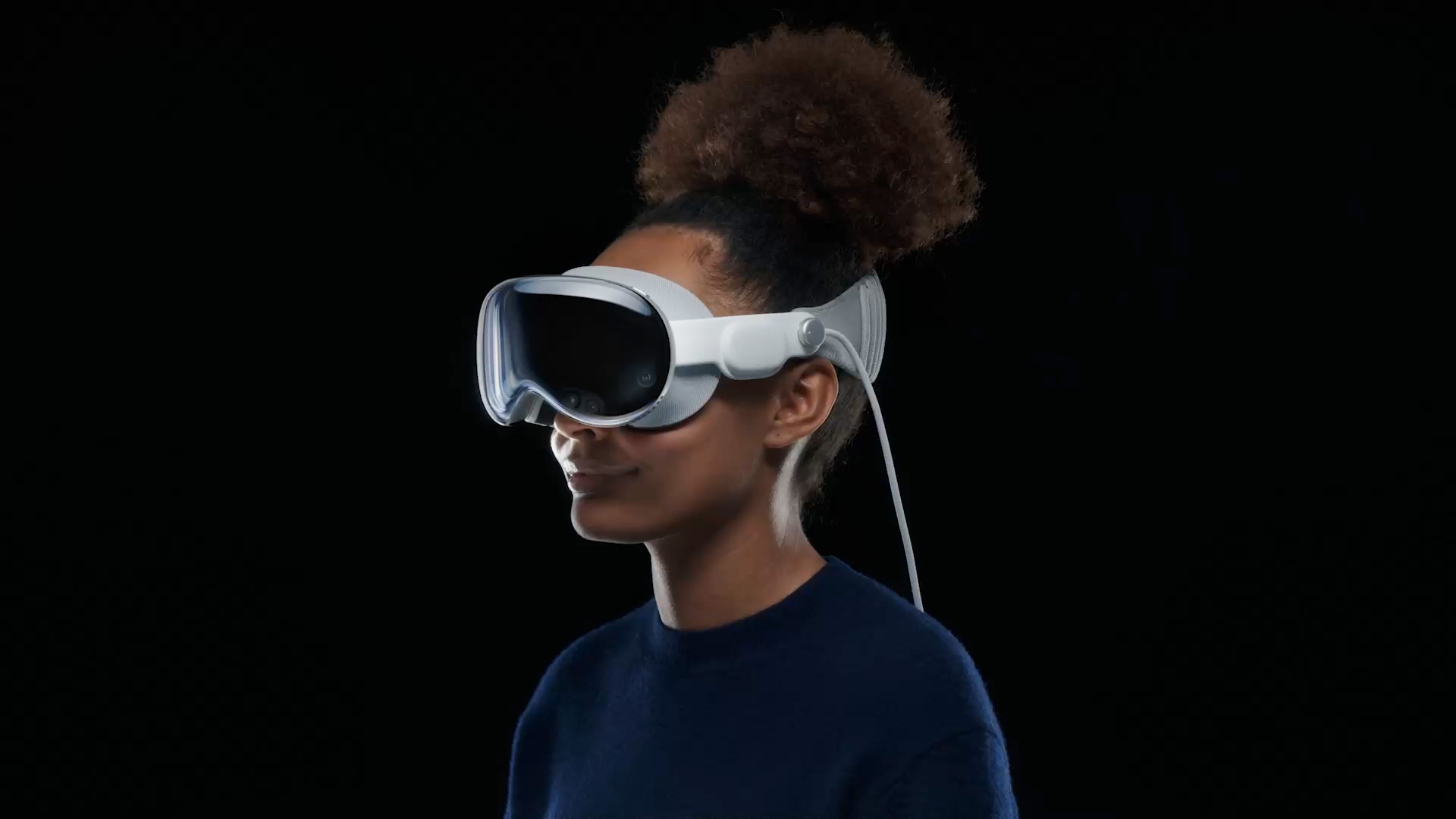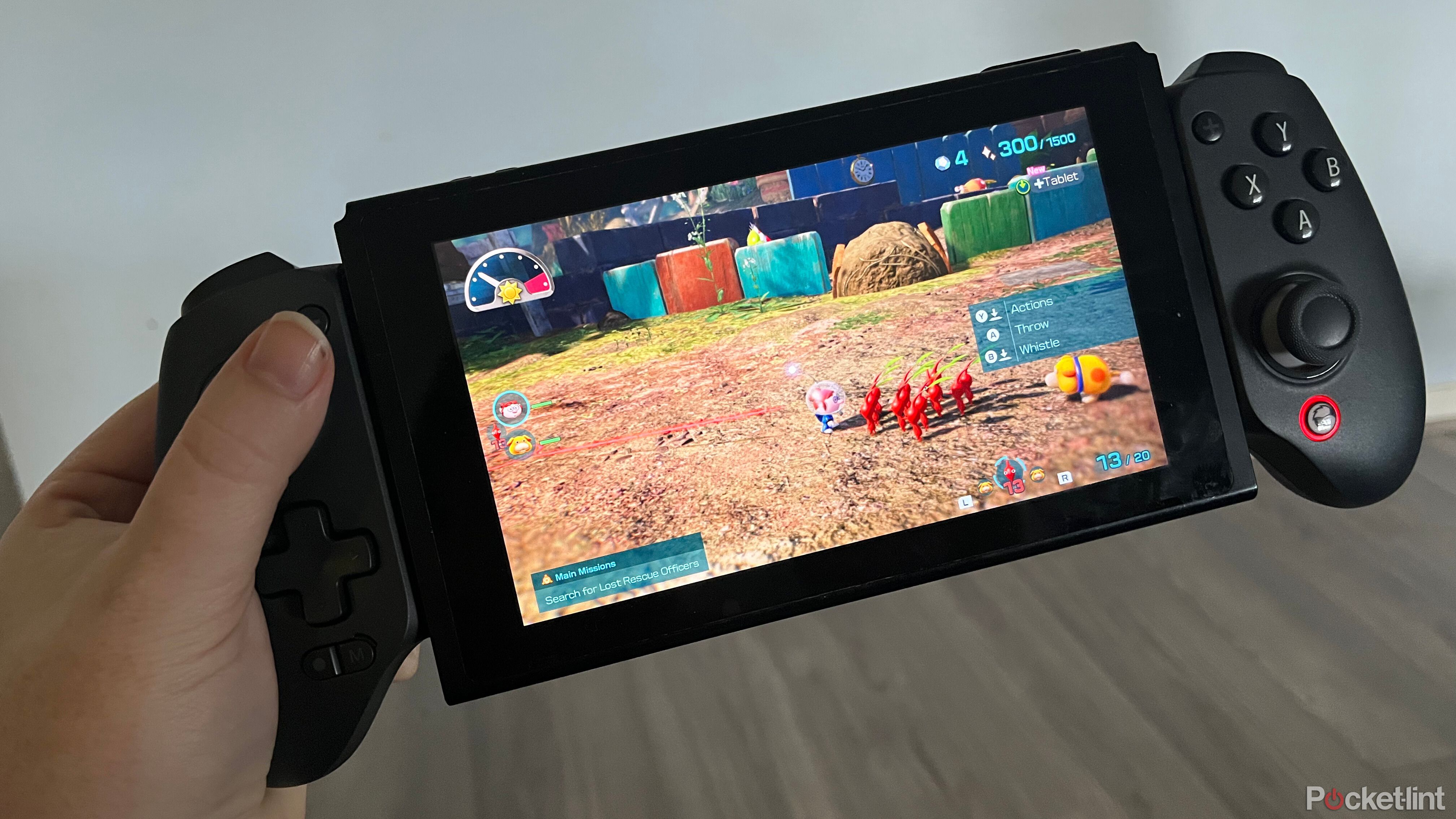Windows 11’s new passkey feature lets you talk to the hand (or face) and kiss those annoying passwords goodbye
Windows 11 is now introducing a new feature to the OS, which allows users to replace passwords with passkeys instead.
A recent Windows 11 Insider Preview Build (23486) lets you “use Windows Hello natively to create and sign in to supported applications and websites using passkeys, where you’ll be asked to prove your identity using a PIN, fingerprint, or face scan,” according to The Verge.
Basically, this means that if you choose to log in using any of those three methods instead of using a password, two cryptographic keys are created instead. One is stored in your device and the other is stored in your choice of cloud storage service, which combine and grant you access to your device. These keys aren’t known to anyone, including yourself. You would simply use the login method of your choice and it does the rest.
Passkeys could truly be the future
Though making a sound password with a combination of letters, numbers, and symbols is usually an excellent way to safeguard accounts, in recent years identity thieves have gotten much better at cracking passwords. Not to mention that many people don’t apply best practices when it comes to creating passwords.
The concept of passkeys is a great one. Using either a PIN or biometric login method, you have two passkeys created, letting you access your device safely and without having to memorize a complicated string of characters or risk having them discovered by a bad actor.
What’s also great about them is that you have a nice variety of choices involved in your login method. Some people feel more comfortable using biometric authentication, while others like myself prefer the classic method of using a PIN instead. Regardless, the passkey functions the same way, circumventing a password in the process.
Microsoft Edge, Apple, and Google Chrome have either already supported passkeys or will later in 2023, but this Windows Hello rollout means that people can manage logins on the OS level. However, according to Bleeping Computing, there are still plenty of kinks to work out with this system right now. But hopefully, as tech giants become more accustomed to working with Windows Hello, it will eventually become a seamless feature.




